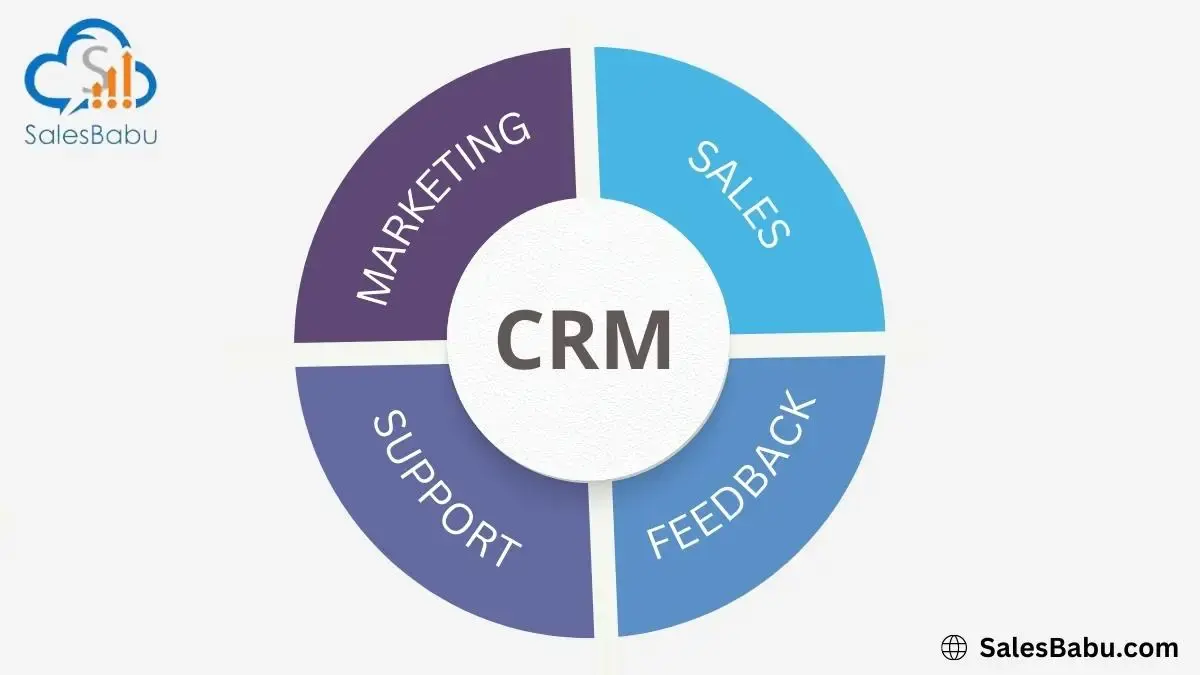- Solutions
- Products
Products
-
real_estate_agentSales CRM
-
support_agentService CRM
-
inventory_2Inventory Management
-
adaptive_audio_micDistribution Management System
-
integration_instructionsIntegration
-
currency_rupeeProduct Pricing
-
View All Product
Solutions- real_estate_agentSales CRM
Empower your sales team to drive business growth - support_agentService CRM
Transform service delivery to build lasting customer relations - inventory_2Inventory Management
Streamline inventory operations to drive profitability - adaptive_audio_micDistribution Management System
Maximize distribution efficiency to achieve sustainable growth
-
- Pricing
- Company
- More
-
Industry
Back
Industry- Overview
Manufacturing
Distribution Management System (DMS)
Lab & Scientific Equipment
Industrial Valve Manufacture & Supplier
Medical Equipment & Hospital Supplies
Electrical Motor Manufacturer and Supplier
Lighting Industry
Services
FMCG
Retail
Pharma
Travel
Education
Real Estate
Call Center
Chemical
-
Product
Back
Product -
Pricing





